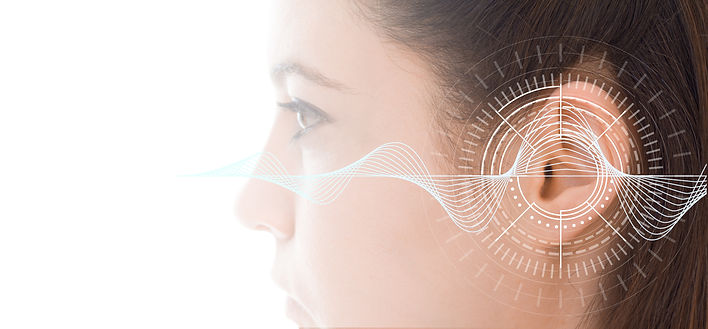

Tinnitus Management
Are your ears ringing?
If you tend to hear rushing, buzzing, or ringing in your ears, you could have tinnitus. Up to 37% of Canadians have experienced this type of hearing impairment in the last year. It can present in a very mild way or could be very bothersome and intolerable. For roughly 7%, it can be bothersome enough to effect sleep, moods, and the ability to concentrate. Tinnitus in younger individuals can be caused by using headphones or earbuds with louder levels than recommended.
Tinnitus can also be connected to other health problems. For example, individuals being treated with high blood pressure have elevated instances of tinnitus. It can also be linked to brain and head trauma. Here are some other leading causes of tinnitus:
Common Causes
-
Hearing Loss - Not always, but often individuals with tinnitus are also suffering with some other type of hearing loss as well.
-
Medication - Check with your doctor to see if side effects with any of your medication include tinnitus. It is common for medications to have a lasting effect on other parts of your body even if the medication is not linked to your hearing to begin with.
-
Loud Noise - Being exposed to loud noises for extended periods of time without protection can cause tinnitus. Refer to our TABLE for information on different noises and decibel levels acceptable for extended periods of time. If your exposure is related to your occupation, ensure you contact your safety managers to find a protective solution to reduce the risks of having tinnitus or other hearing loss symptoms.
-
Other Causes - Pain, discomfort, or injuries to the jaw or neck can cause tinnitus. Also consider allergies, problems with your blood vessels and heart, or allergies. These may all also have influence on tinnitus symptoms.
